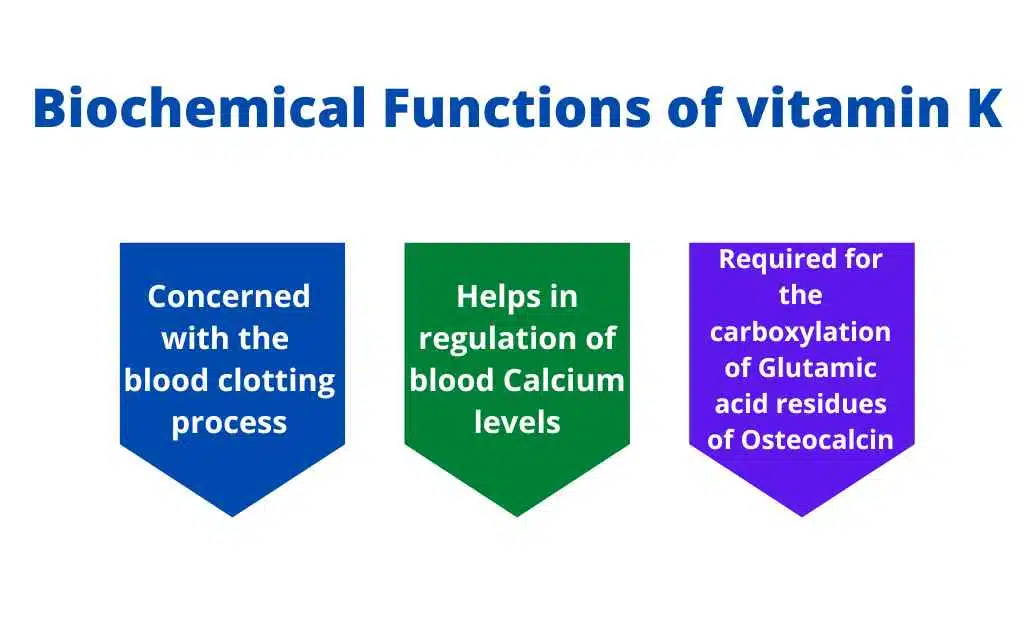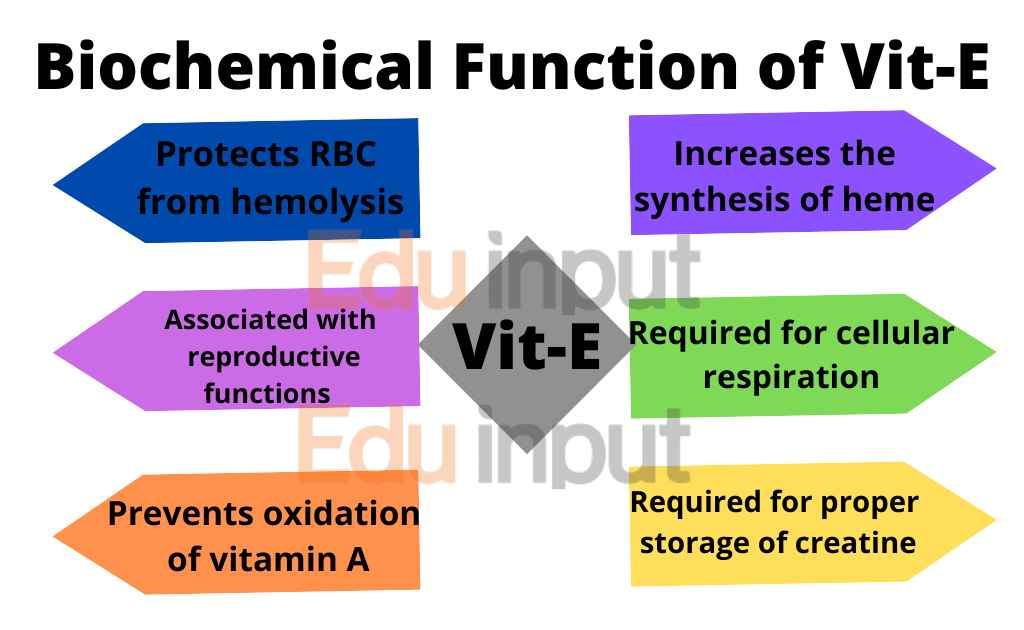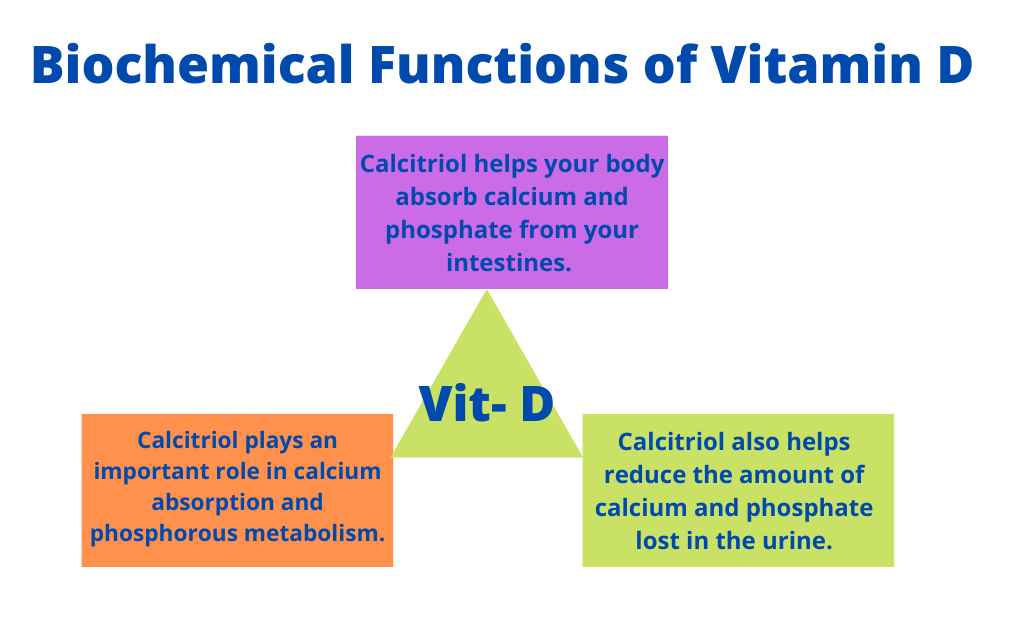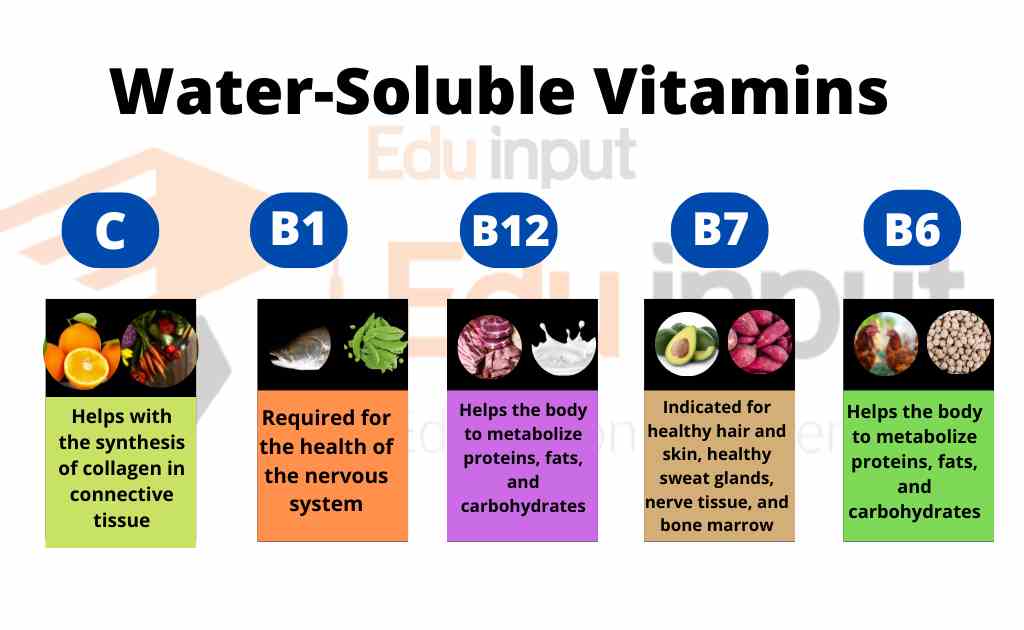Vitamin K-Chemistry and Biochemical Functions
Vitamin K is the only fat-soluble vitamin with a specific coenzyme function. It is required for the production of blood clotting factors, essential for coagulation. Vitamin K helps maintain healthy bones and teeth and aids in the formation of red blood cells. It is also involved in the production of several hormones.
Although there is no Recommended Dietary Allowance for vitamin K, it can be synthesized adequately in the gut. The recommended daily intake (RDI) of vitamin K is 120 micrograms per day. However, some experts believe that the RDI should be higher.
Chemistry Of Vitamin K
Vitamin K exists in different forms. Vitamin K1 is found in plants. Vitamin K2 (menaquinone) is produced by intestinal bacteria and is also found in animals. Vitamin K3 is a synthetic form OF Vitamin K.
Biochemical Functions of Vitamin K
- The functions of vitamin K are concerned with the blood clotting process. It brings about the post-translational (after protein biosynthesis in the cell) modification of certain blood clotting factors
- Vitamin K helps in the regulation of blood Calcium levels.
- Vitamin K is also required for the carboxylation of Glutamic acid residues of Osteocalcin, a calcium-binding protein present in the bone.

Dietary Sources Of Vitamin K
The following foods are rich in vitamin K.
- Cabbage
- Cauliflower
- Tomatoes
- Spinach
- Green vegetables
- Egg yolk
- Meat
- Liver
- Cheese
- Dairy products
Deficiency Symptoms Of Vitamin K
Vitamin K deficiencies are not typically common, as the vitamin is present in most diets in sufficient quantities, and is being synthesized by intestinal bacteria.
However, there are a few instances where a vitamin K deficiency may occur, such as when absorption is faulty (lack of bile salts), when the vitamin is lost in feces (diarrheal diseases), or when antibiotics are administered (killing of intestinal flora).
Without enough active prothrombin in circulation, blood coagulation is affected, which can result in individual bleeding profusely even for minor injuries. Blood clotting time is also increased.







Leave a Reply